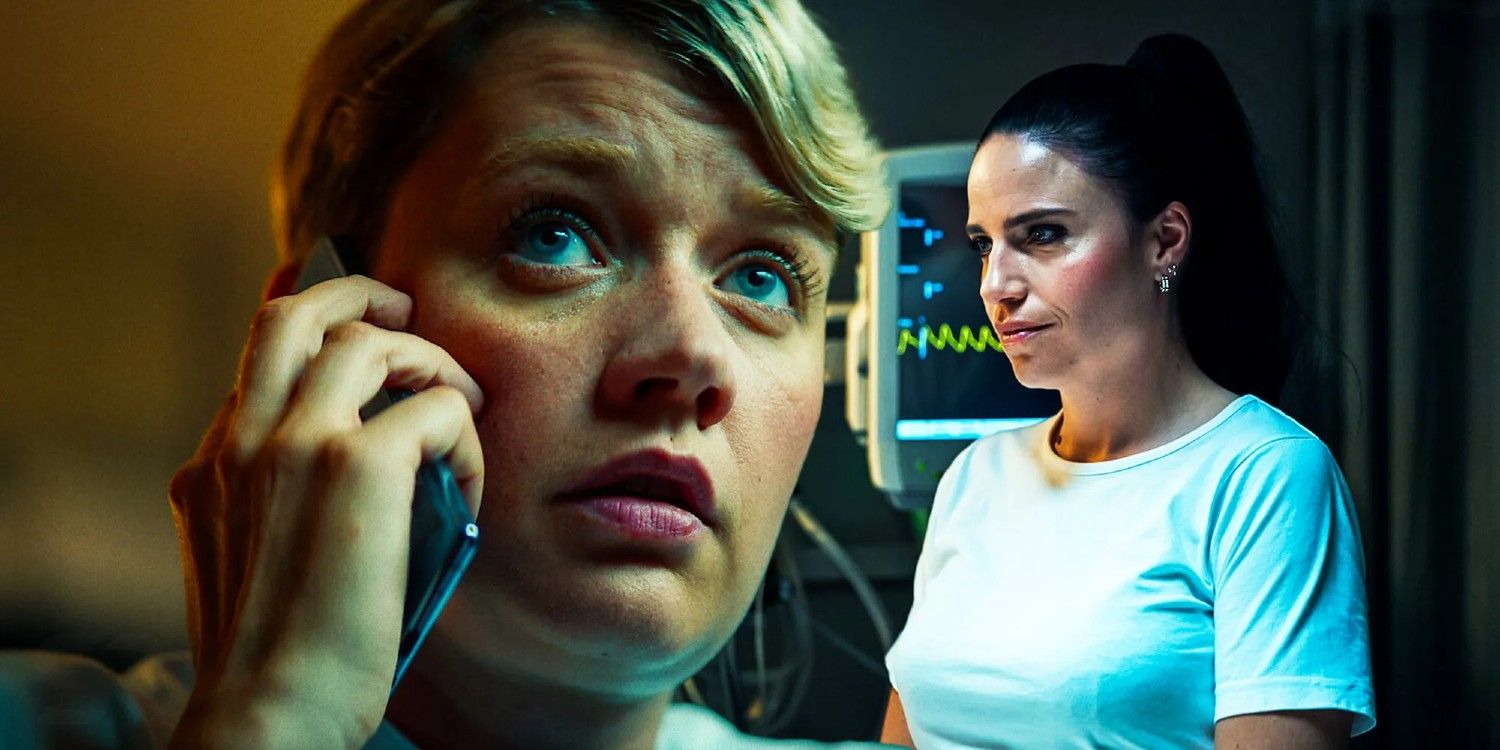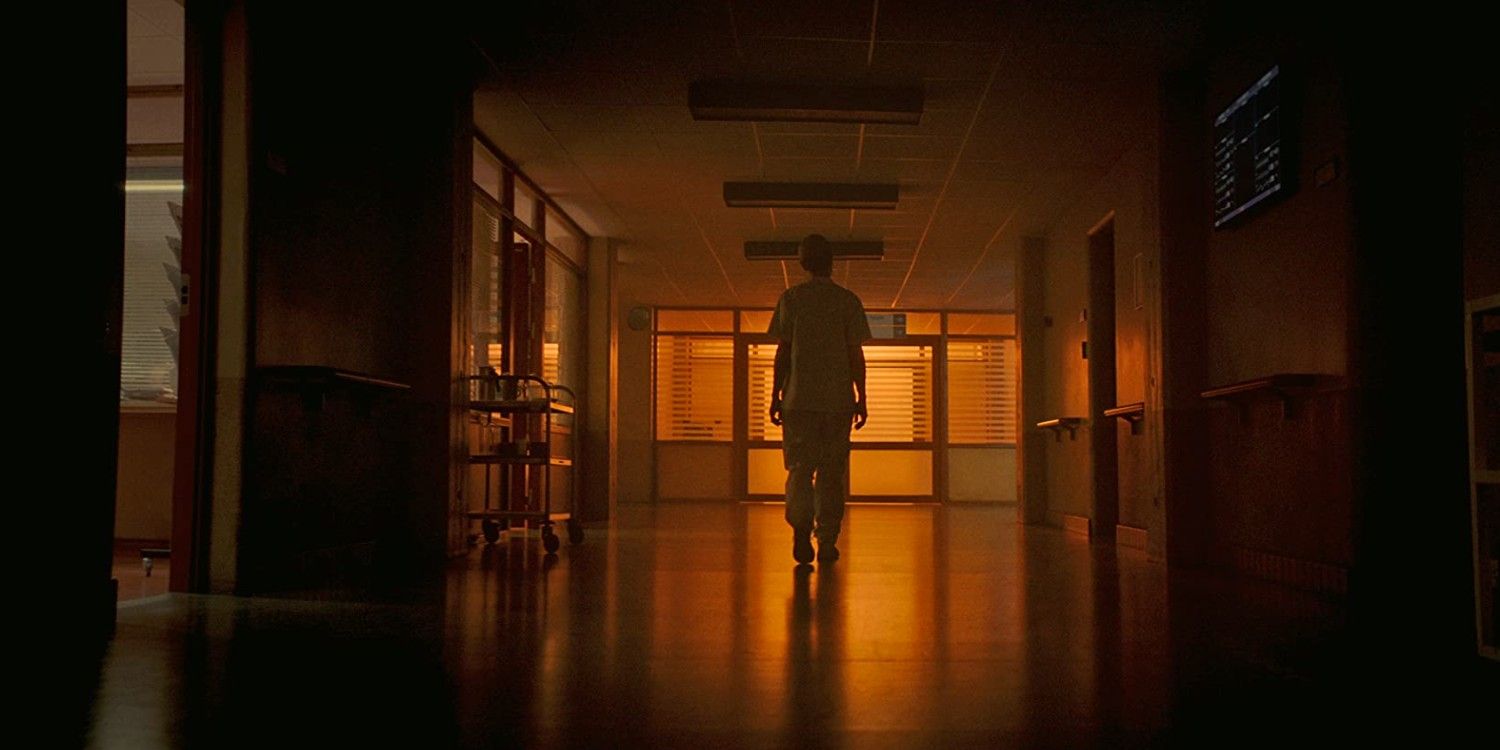Warning: Spoilers for The Nurse series finale
Changes made to the true story The Nurse is based on resulted in a major question going unanswered. Naturally, studios are usually careful when it comes to adapting real-life traumatic events. Shows like The Nurse are challenged with balancing these true accounts, presenting a cohesive narrative, and avoiding flattening characters based on real people.
Netflix’s The Nurse series tells the real-life story of Pernille Kurzmann (Fanny Louise Bernth), a new nurse at the Danish Nykøbing Falster Hospital. Fresh out of nursing school, Pernille soon meets her mentor, Christina Aistrup Hansen (Josephine Park), and quickly befriends her. But despite Christina’s popularity, Pernille begins to suspect that her friend may be harming her patients and sets out to discover the truth. The Nurse explores how she does this and examines how the particular pressures and systems of the hospital allowed Christina’s activities to continue for so long.
The Nurse’s Court Case Change Prevents Hansen’s Motive Being Explained
By the end of The Nurse, Pernille finds proof that Christina has been giving her patients potentially lethal doses of medication so that she could heroically resuscitate them. This aspect of the series pulls directly from the real-life case of the actual Christina Aistrup Hansen, in which Pernille did collect evidence that led to three murder charges and a final charge of attempted manslaughter against Hansen in court. The Nurse covers the court proceedings in a final, text-based scene to relay what occurred after the series ends, but it does not address the totality of the case. Instead, it focuses primarily on Pernille’s discovery and attempts to find proof of Christina’s culpability.
The Nurse‘s focus on Pernille’s evidence collection, as opposed to the court case, kept the show from fully delving into the possible motives behind Christina’s actions. In real life, the court ordered a forensic psychological evaluation that determined that Christina suffered from a histrionic personality disorder, an illness that has symptoms that include an abnormally strong desire for attention, behavioral and emotional exaggeration, and manipulative behavior. Revealing this evidence would have likely been too much to lay out in the final scene of the series, but it does provide stronger context for the series as a whole.
The Nurse’s Diagnosis Cut Avoids A Show Problem (But Leaves A Mystery)
Understandably, The Nurse elected to focus on Pernille instead of weighing down the series with a courtroom episode, but cutting the revelations of Christina’s case does leave the show rather open-ended. Considering that the motive behind any crime is always one of the most interesting aspects of any mystery, this does mean that some may finish the series unsatisfied with The Nurse‘s ending. At the same time, though, there are ethical reasons why the show may have omitted Christina’s diagnosis. After all, providing a public example of someone’s mental illness in conjunction with several murders could easily lead to future demonization of those who also suffer from the disease, making it better to avoid mentioning it at all.



